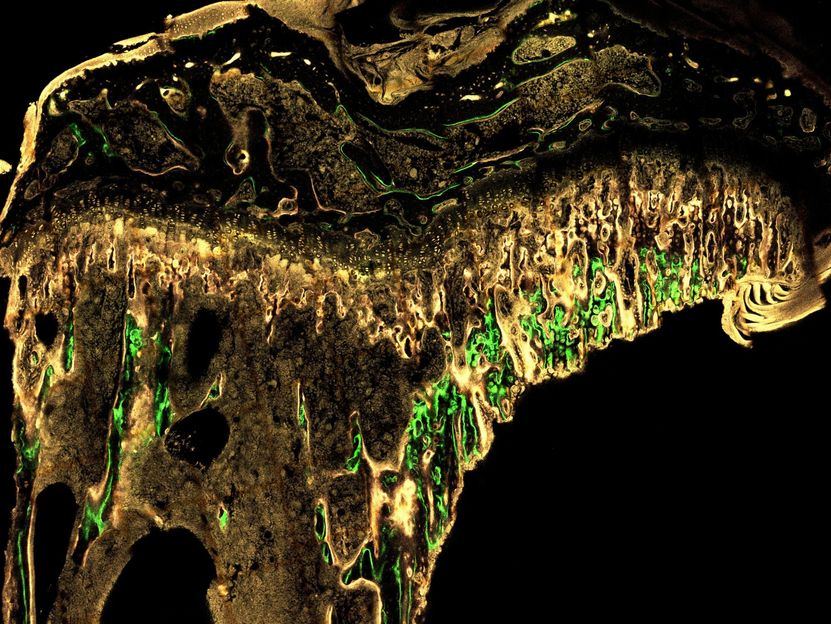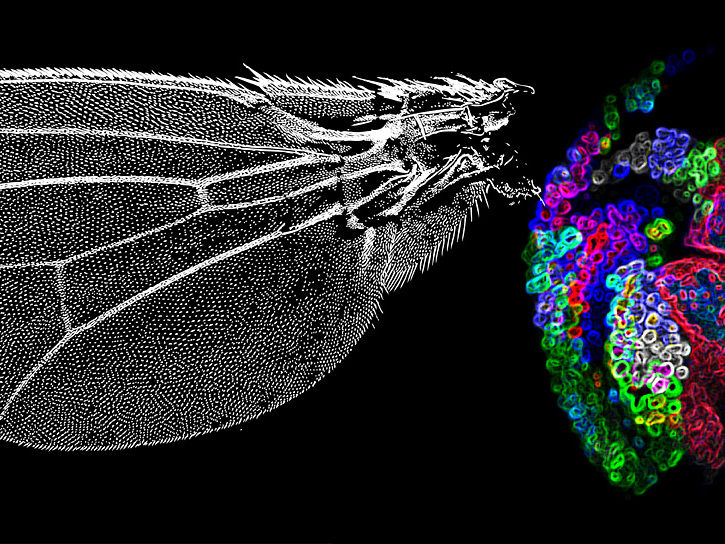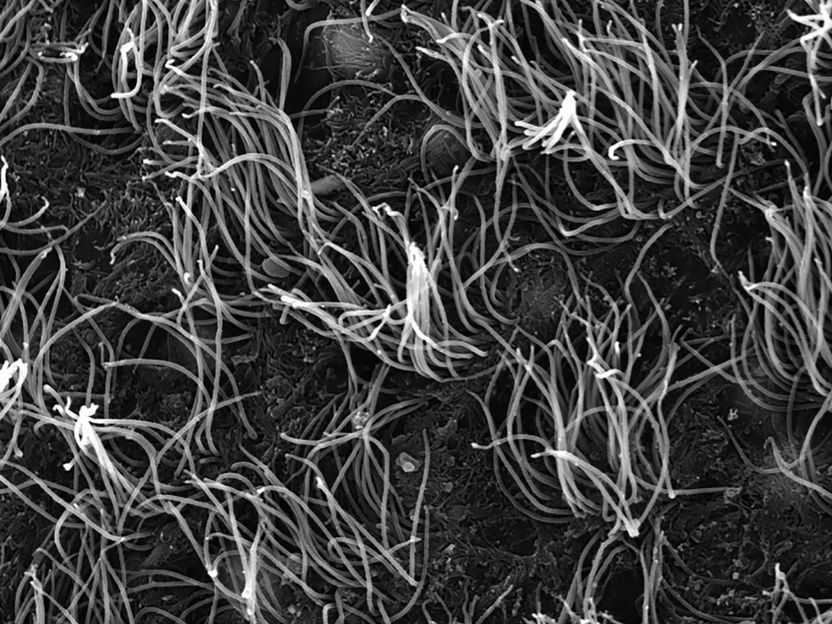Epigenetic analysis of aggressive brain tumors
glioblastoma is a brain cancer with devastating prognosis. A new collaborative study by scientists from CeMM, MedUni Vienna and the Austrian Brain Tumor Registry network demonstrates how epigenetic analysis of tumor samples collected in routine clinical practice could be used to better classify and treat the disease.
Glioblastoma is an aggressive brain cancer with a high degree of molecular heterogeneity among the cancer cells. This results in evolutionary selection for those cells that can withstand drug treatment. In order to develop better therapies for glioblastoma, detailed knowledge about the molecular heterogeneity of the tumor cells will be crucial, given that this heterogeneity provides the substrate from which drug resistance evolves.
Whether and how epigenetic regulation changes when a glioblastoma becomes therapy-resistant has been a largely unsolved question. To investigate the role of epigenetics in glioblastoma disease progression, the research group of Christoph Bock, Principal Investigator at the CeMM Research Center for Molecular Medicine of the Austrian Academy of Sciences, analyzed DNA methylation in more than 200 glioblastoma patients, focusing on the epigenetic changes that occur during glioblastoma disease progression.
In close collaboration with scientists at the Medical University of Vienna and clinicians at eight hospitals throughout Austria , a study published in Nature Medicine identified epigenetic changes that accompany glioblastoma progression and predict patient survival.
This research builds on the Austrian Brain Tumor Registry, spearheaded by Adelheid Woehrer from the Institute of Neurology at the Medical University of Vienna, who is a senior and corresponding author of the study. Combining epigenetic data with brain imaging and digital pathology, the study established important links between glioblastoma at the level of molecules, cells and organs. These associations can be exploited for improving disease classification. Moreover, this study provides a rich resource for understanding the role of epigenetics in glioblastoma and a new toolset with broad relevance for personalized medicine.
Original publication
Most read news
Original publication
Klughammer J, Kiesel B et al.; "The DNA methylation landscape of glioblastoma disease progression shows extensive heterogeneity in time and space"; Nature Medicine; 27.08.2018
Topics
Organizations
Other news from the department science

Get the life science industry in your inbox
By submitting this form you agree that LUMITOS AG will send you the newsletter(s) selected above by email. Your data will not be passed on to third parties. Your data will be stored and processed in accordance with our data protection regulations. LUMITOS may contact you by email for the purpose of advertising or market and opinion surveys. You can revoke your consent at any time without giving reasons to LUMITOS AG, Ernst-Augustin-Str. 2, 12489 Berlin, Germany or by e-mail at revoke@lumitos.com with effect for the future. In addition, each email contains a link to unsubscribe from the corresponding newsletter.
Most read news
More news from our other portals
See the theme worlds for related content
Topic world Diagnostics
Diagnostics is at the heart of modern medicine and forms a crucial interface between research and patient care in the biotech and pharmaceutical industries. It not only enables early detection and monitoring of disease, but also plays a central role in individualized medicine by enabling targeted therapies based on an individual's genetic and molecular signature.

Topic world Diagnostics
Diagnostics is at the heart of modern medicine and forms a crucial interface between research and patient care in the biotech and pharmaceutical industries. It not only enables early detection and monitoring of disease, but also plays a central role in individualized medicine by enabling targeted therapies based on an individual's genetic and molecular signature.
Last viewed contents

Researchers link breast cancer and bone growth - Scientists made a surprisingly opposite discovery

Nanobodies from Camels Enable the Study of Organ Growth
Alveolar_lung_disease
Institut Pasteur Successfully Evaluates QIAGEN's Avian Flu/H5 Assay
Tony_Wright_(sleep_deprivation)
Going live to the beating heart
Tianwang_buxin_mini-pills






















































